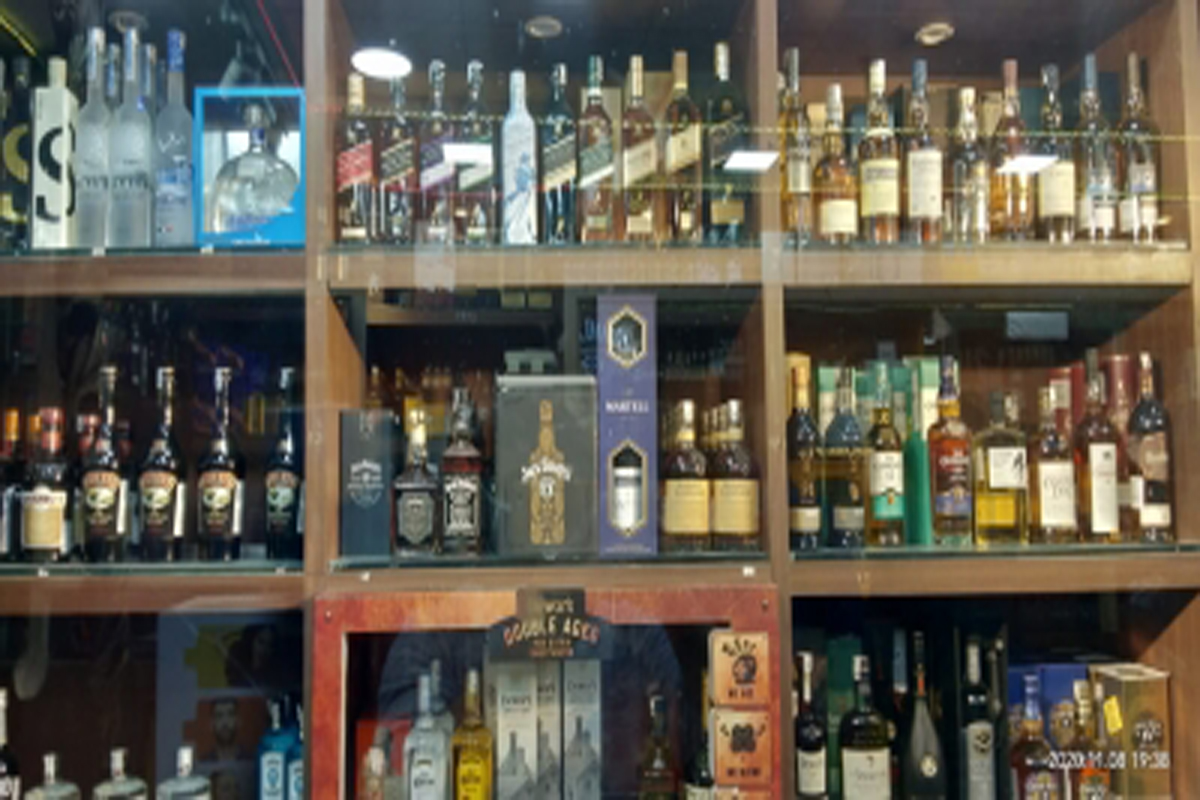CCPA issues notice to 17 entities over violation of direct selling rules
The Central Consumer Protection Authority (CCPA) has issued notices to 17 entities over the violation of Consumer Protection (Direct Selling) Rules, 2021.
The forthcoming regulations by the Centre to clamp down on surrogate advertising in the liquor industry mark a significant step towards consumer protection and public health.

Representational image (Photo: IANS)
The forthcoming regulations by the Centre to clamp down on surrogate advertising in the liquor industry mark a significant step towards consumer protection and public health. These regulations, set to be finalised within a month, will not only prohibit direct advertisements of alcohol but also ban the more insidious surrogate ads and event sponsorships that have long circumvented existing laws. Surrogate advertising, a clever but misleading tactic, has been used by liquor companies to promote their brands under the guise of unrelated products such as bottled water, soda, and music CDs.
These advertisements often feature logos, slogans, and imagery closely associated with their alcoholic products, creating a strong brand recall among consumers. By using popular Bollywood stars and high-profile events, these companies have managed to keep their brands in the public eye despite the ban on direct alcohol advertisements. The new rules will impose fines of up to Rs 50 lakh on companies found guilty of misleading surrogate advertising. Celebrities endorsing these products will also face penalties, including endorsement bans ranging from one to three years.
Advertisement
This move is a clear message from the government that circumventing advertising bans through creative loopholes will no longer be tolerated. Consumer Affairs Secretary Nidhi Khare has emphasised that these regulations aim to close the circuitous routes companies take to promote their products. By targeting the entire ecosystem of surrogate advertising, the government hopes to reduce the pervasive influence of alcohol advertising on Indian society. India’s alcohol market, valued at approximately Rs 3.76 lakh crore, is one of the largest globally, with a rapidly growing middle class driving demand. However, this growth comes with a significant public health cost.
Advertisement
The World Health Organisation (WHO) has noted that comprehensive bans on alcohol advertising are among the most effective measures to reduce alcohol consumption and related harms. India’s per capita alcohol consumption is projected to increase from about 5 litres in 2019 to nearly 7 litres by 2030, outpacing even China. The high rate of alcohol-related deaths in India further underscores the need for stringent regulatory measures. The new regulations are inspired by global best practices, such as those in Norway, where strict advertising bans have successfully reduced alcohol sales over time. By prohibiting the marketing of products like soda and glassware that use designs similar to alcohol brands, India aims to eliminate the subtle yet powerful brand recall these ads create. Critics might argue that these regulations could stifle the business interests of major corporations and impact the economy.
However, the long-term benefits of a healthier population and reduced alcohol-related harm far outweigh the short-term economic gains. The liquor industry must find more responsible ways to market their products without resorting to deceptive practices that undermine public health. Responsible advertising practices will not only comply with the law but also foster a healthier society. The government’s proactive stance should be commended, as it sets a precedent for prioritising public health over commercial interests.
Advertisement